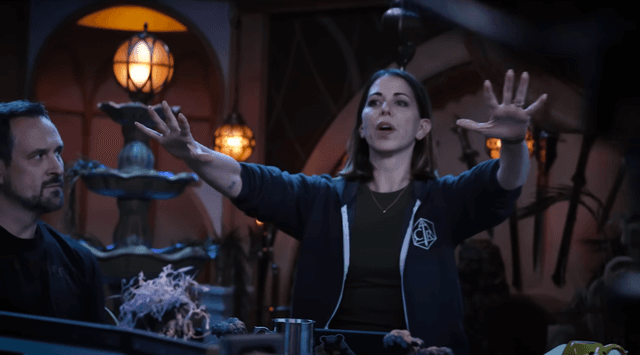If you click on a link and make a purchase we may receive a small commission. Read our editorial policy.
Henry Barajas spotlight panel at SDCC '22
Popverse brings you live coverage from SDCC's Henry Barajas Spotlight Panel

He’s the man behind the critically acclaimed La Voz De M.A.Y.O. Tata Rambo, and Helm Greycastle, as well as one of the most charming new voices to emerge in comics in quite some time – and now Henry Barajas has a spotlight panel at San Diego Comic-Con all to himself, as well. Can nothing stand in his way on a path to comics domination?
San Diego Comic-Con might be coming to a close, but Popverse will be liveblogging this entire panel to keep people in the loop when it comes to Henry’s journey to where he currently is in comics, and what’s coming next. Bookmark the page to follow along as it happens, or come back when the panel is over to catch up with everything in one sitting.
Keep track of this and ALL the news from this weekend with our San Diego Comic-Con 2022 coverage round-up.
Follow Popverse for upcoming event coverage and news
Find out how we conduct our review by reading our review policy
Let Popverse be your tour guide through the wilderness of pop culture
Sign in and let us help you find your new favorite thing.
















Comments
Want to join the discussion? Please activate your account first.
Visit Reedpop ID if you need to resend the confirmation email.